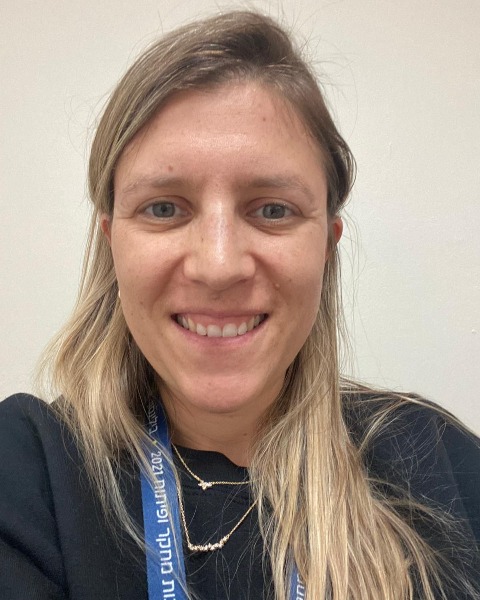Category: Diabetes
Poster Session III
(750) Gestational diabetes mellitus- can we do better with postpartum diabetes screening?
Patients with gestational diabetes mellitus (GDM) are at risk for developing type-2 DM. Pregnancy and the postpartum period are a window of opportunity for medical intervention which may improve patients’ future health. The standard recommendation following GDM is a 75-gram oral glucose tolerance test (OGTT) 6-12 weeks postpartum. At our hospital, fasting glucose (FG) is obtained from all parturients with GDM 24-48 hours postpartum. We sought to compare the correlation between the postpartum FG value and the results of the OGTT 6-12 weeks postpartum.
Study Design:
We reviewed computerized medical records of all patients with a diagnosis of GDM who gave birth at our institution during 2021, and performed an OGTT 6-12 weeks postpartum. We examined the strength of FG as a predictor for an abnormal OGTT.
Results: A total of 319 patients met our inclusion criteria. FG was normal in 261 cases (82%), and abnormal in 58 (18%). Most patients had a normal OGTT (229, 72%), however, postpartum OGTT was abnormal in 90 patients (28%). Of them, 84 (93%) were diagnosed with impaired fasting glucose (IFG) or impaired glucose tolerance (IGT), and only 6 patients (7%) were found to have overt DM. A univariate analysis showed a significant correlation between abnormal FG and pathological postpartum OGTT (p=0.001, Pearson’s correlation 0.186). A multivariate analysis also demonstrated FG as a good predictor for IFG or IGT with an adjusted odds ratio (OR) of 1.028 (p=0.048, CI 1.000-1.056). FG as a predictor for overt DM had an adjusted OR of 1.126 (p=0.012, CI 1.026-1.235). Postpartum FG had modest sensitivity for IGT and for DM (31% and 33% respectively). However, the specificity was high for both (87% and 82% respectively), with a negative predictive value (NPV) of 76% for IGF or IGT and 98% for DM.
Conclusion:
Fasting glucose 24-48 hours postpartum is a good predictor of a pathological OGTT 6-12 weeks postpartum. As the compliance for completing an OGTT is low, we may consider using FG as a tool for predicting future DM.

Hadas Zafrir danieli, MD
Resident
Rabin Medical Center
Petach Tikva, HaMerkaz, Israel
Shay Sukenik, MD, MHA
Rabin Medical Center
Petach Tikva, HaMerkaz, Israel- SD
Sarah Dollinger, MD, MHA
Rabin Medical Center
Petach Tikva, HaMerkaz, Israel 
Dror Weinberg Almog, MD (she/her/hers)
Rabin Medical Center
Petach Tikva, HaMerkaz, Israel- OB
Or Berchovich, MD
Rabin Medical Center
Petach Tikva, HaMerkaz, Israel - EH
Eran Hadar, Prof.
Helen Schneider Hospital for Women, Rabin Medical Center
Kfar Sirkin, HaMerkaz, Israel - AB
Alexandra Berezowsky, MD
Women Hospital, Rabin Medical Center
Petach Tikva, Israel, Israel

.png)
